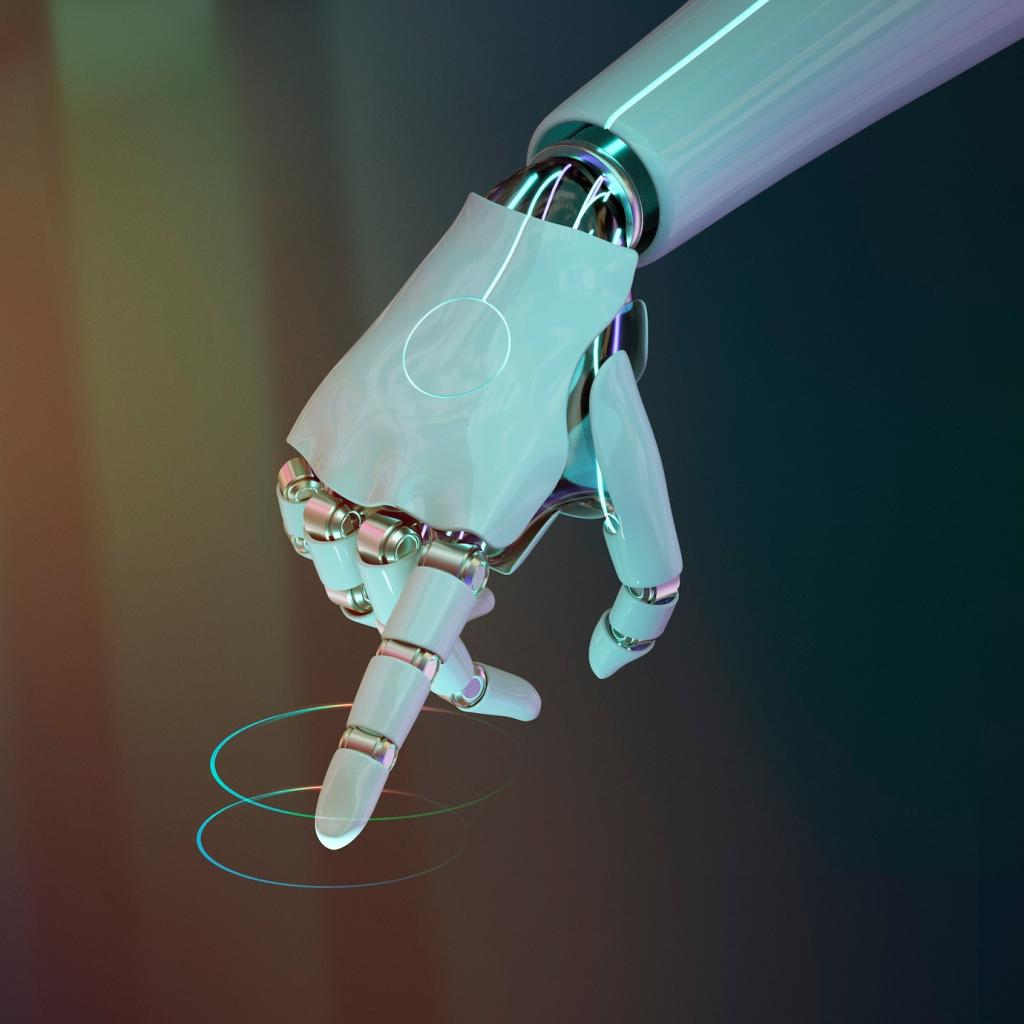
AI and Human Rights: Navigating Ethical Challenges
Artificial Intelligence is rapidly transforming our world, presenting unprecedented opportunities as well as complex ethical dilemmas. As we integrate AI systems into every facet of society, the intersection of technology and fundamental human rights comes into sharp focus. The balance between harnessing innovation and upholding core freedoms, privacy, dignity, and equality has never been more crucial. This exploration delves into the multifaceted relationship between AI and human rights, addressing key concerns, ethical challenges, potential solutions, and guiding principles for the future.
Previous
Next
Safeguarding Privacy in an AI-Driven World
AI’s reliance on vast data sets raises significant concerns about how informed and voluntary consent is obtained from individuals. Many systems capture personal and behavioral information passively, leaving users unaware of the scope and implications of data usage. The opacity surrounding AI algorithms further complicates matters, as it becomes challenging for people to understand how their data powers decisions affecting their lives. True consent requires clarity, transparency, and ongoing communication about data practices, ensuring that individuals have meaningful control over their information in the digital era.
Preventing Discrimination and Promoting Fairness
Bias in Algorithmic Decision-Making
Algorithms trained on flawed or unrepresentative datasets can reinforce existing stereotypes, delivering skewed outcomes in areas such as hiring, housing, credit, and law enforcement. When these systems operate without transparent scrutiny, affected individuals have limited recourse to challenge or understand adverse decisions. Addressing algorithmic bias necessitates critical examination of input data, continuous auditing, and the inclusion of diverse perspectives during system development, ensuring AI technologies serve as tools of equity rather than vehicles of discrimination.
Accessibility and Inclusion
The digital divide extends to AI itself, with marginalized communities often facing disproportionate exclusion from technological benefits and resources. Systems that fail to accommodate diverse languages, cultures, or disabilities can inadvertently reinforce social and economic barriers. To champion inclusivity, designers and stakeholders must prioritize accessibility from the outset, embedding universal design principles and adapting technologies to varied human needs and contexts. Promoting widespread AI literacy also plays a vital role in empowering all individuals to engage with and benefit from these innovations.
Legal Remedies and Accountability
Ensuring recourse for those harmed by AI-driven discrimination demands solid legal frameworks and accessible mechanisms for redress. Establishing clear lines of accountability—identifying who is responsible when systems cause harm—is essential but challenging in the complex landscape of automated decision-making. Governments and industry leaders must collaborate to clarify liability, enhance transparency, and facilitate the reporting and resolution of grievances. Only then can trust be built and the rights of all individuals effectively safeguarded.
Freedom of Expression and Automated Content Moderation

Automated content moderation can result in the over-removal of legitimate speech, especially in nuanced or culturally sensitive contexts. Algorithms may struggle with sarcasm, irony, or local dialects, mistakenly silencing diverse opinions and artistic expressions. The lack of transparency in moderation decisions further complicates appeals and corrective action for affected users. Striking an appropriate balance between curbing harmful content and preserving freedom of expression requires sophisticated, transparent systems and consistent human oversight.
